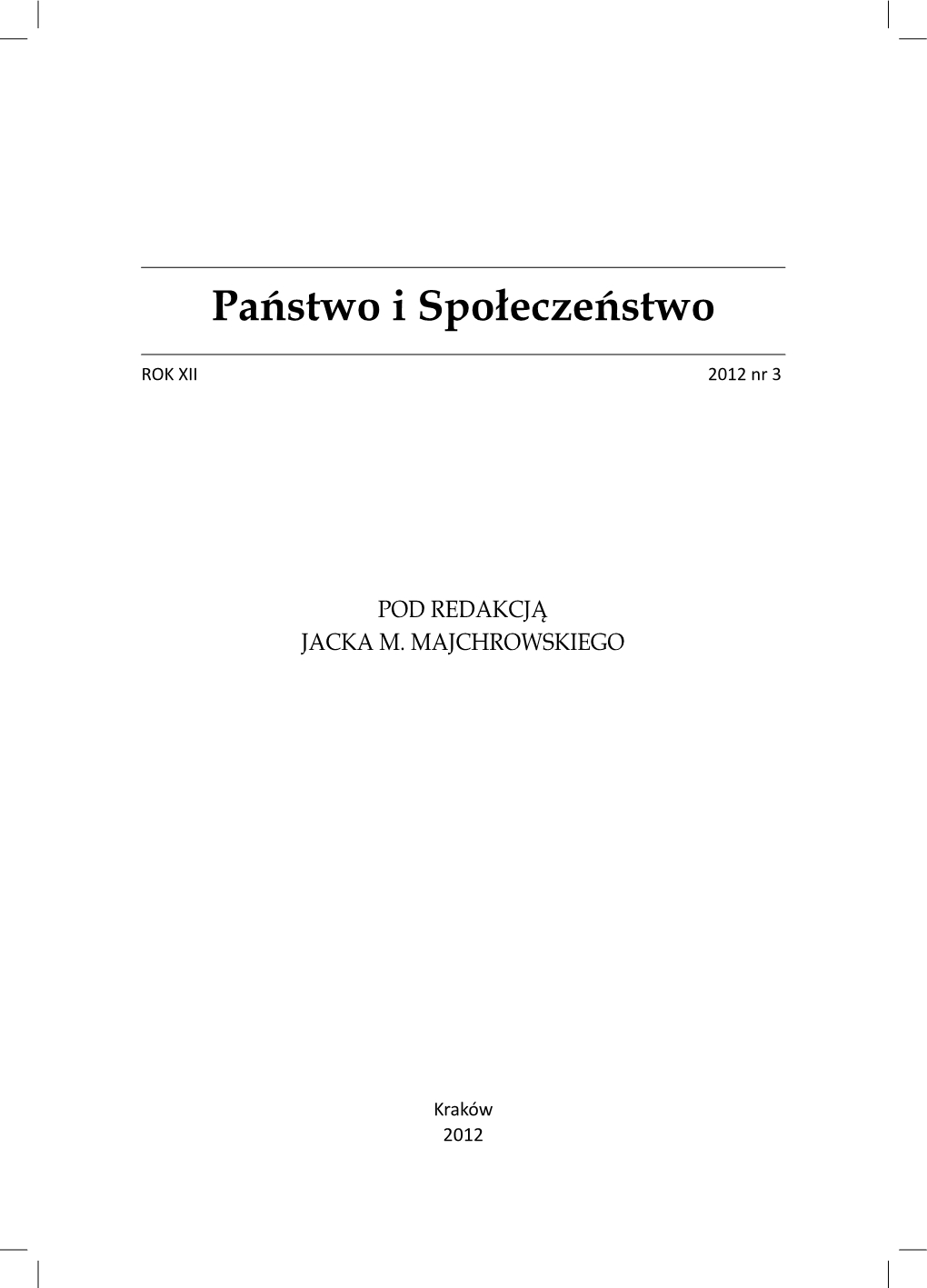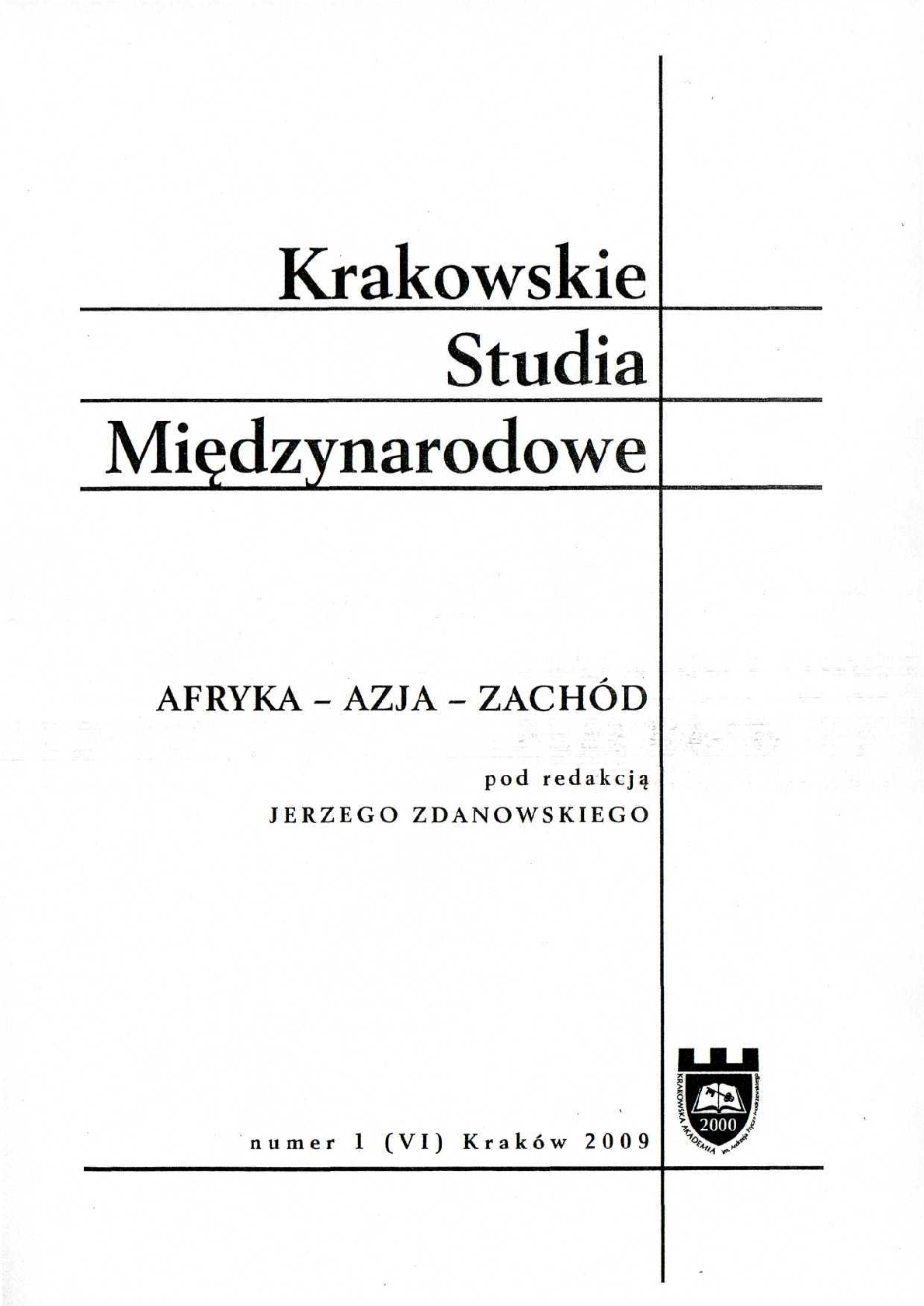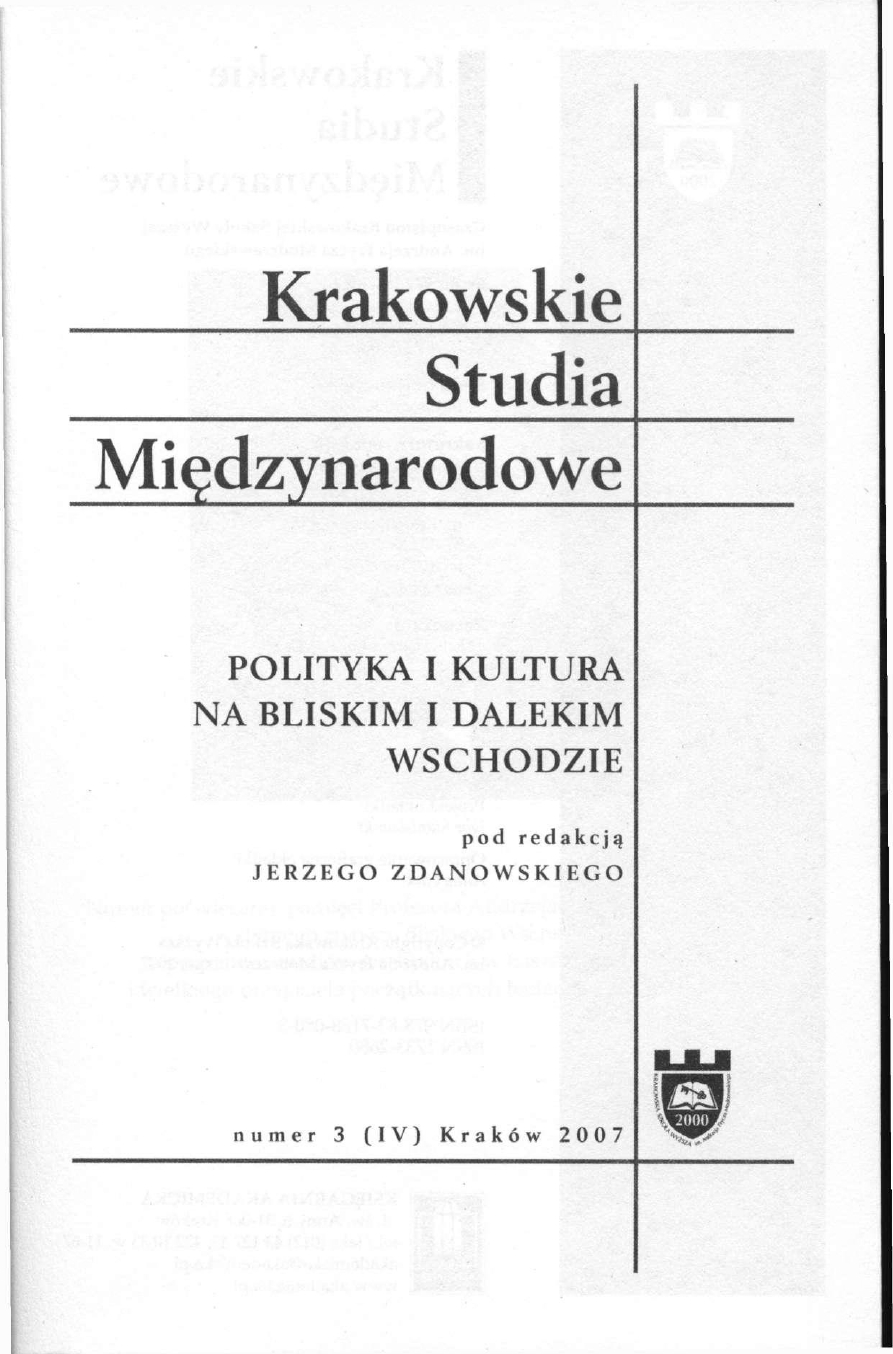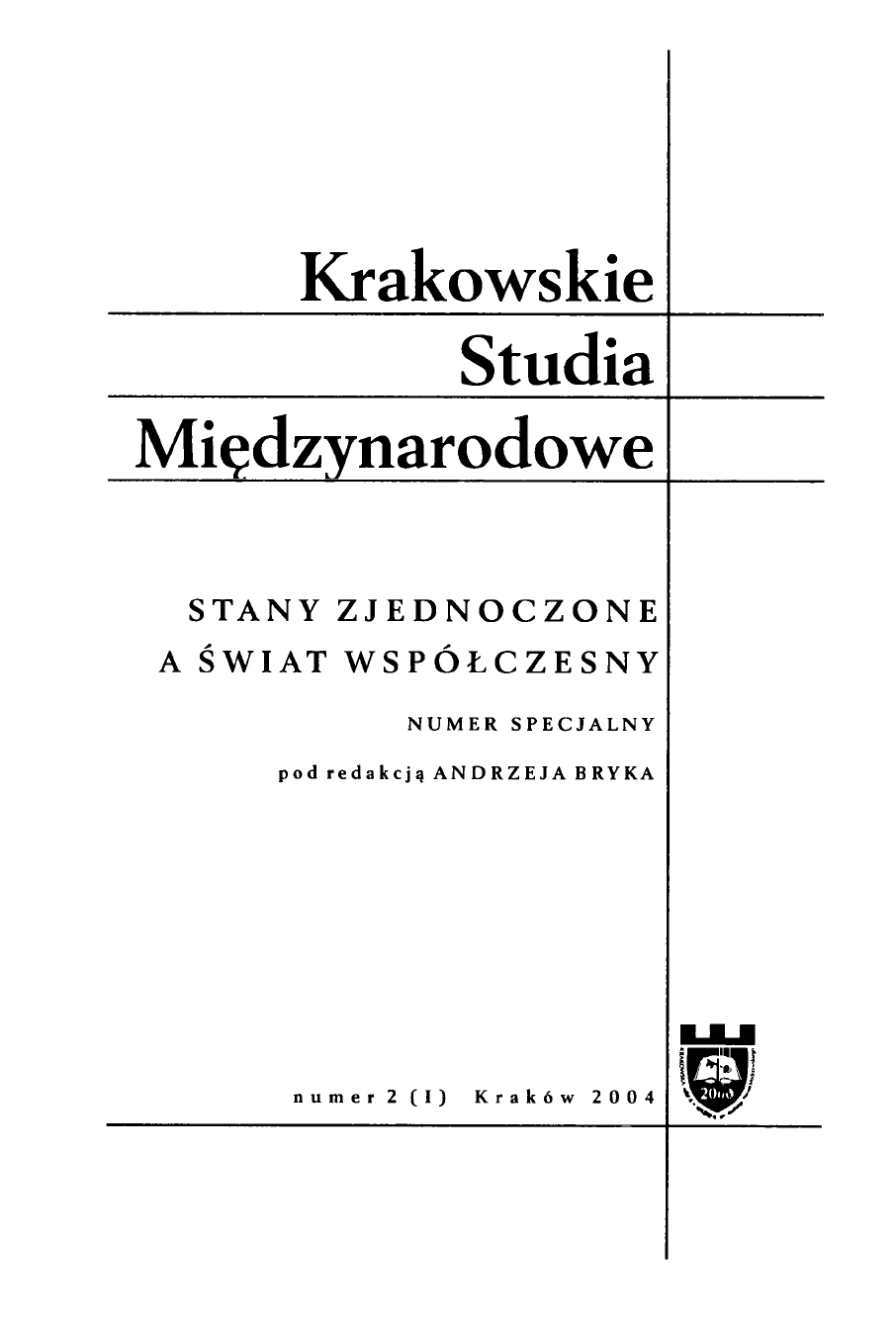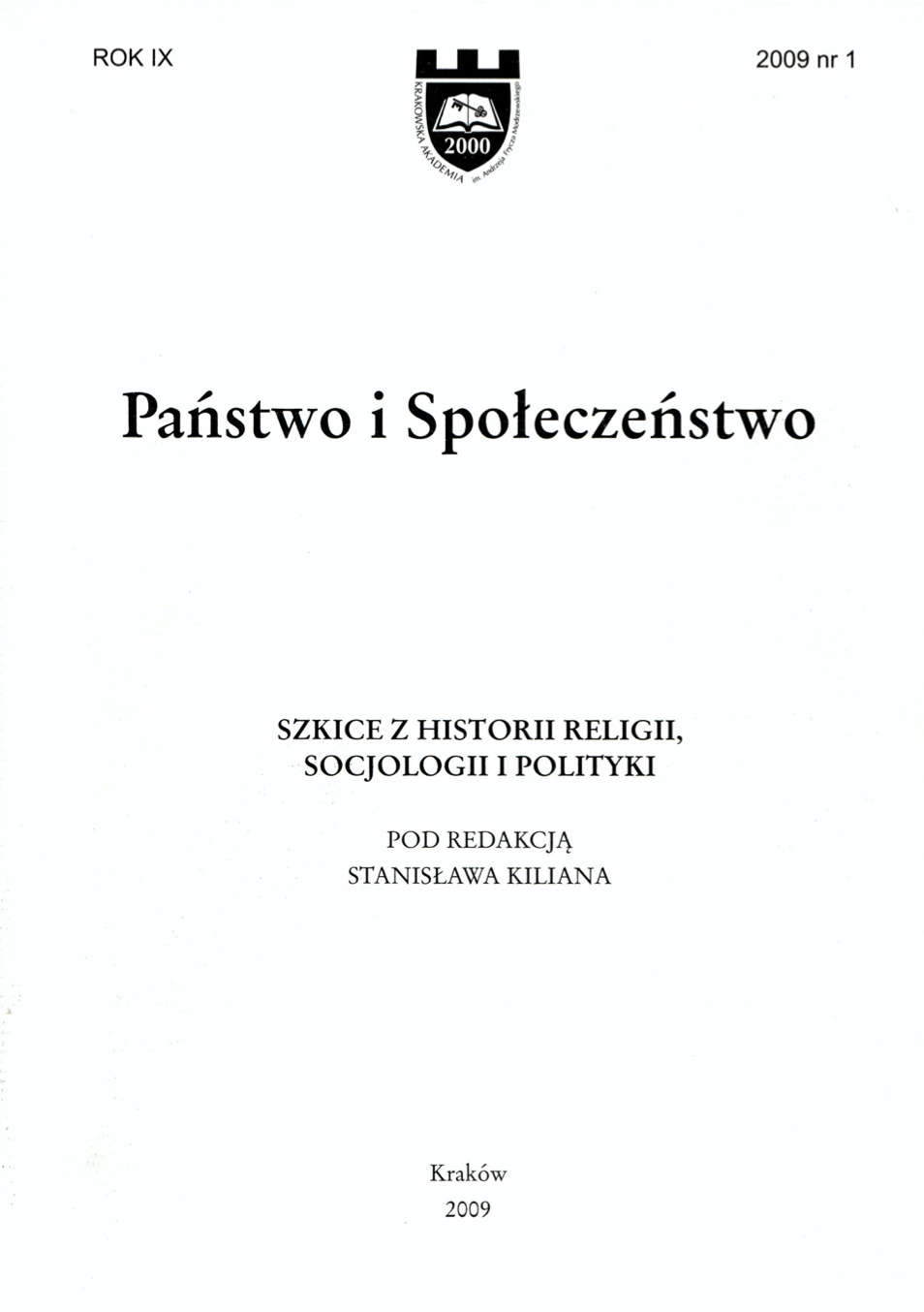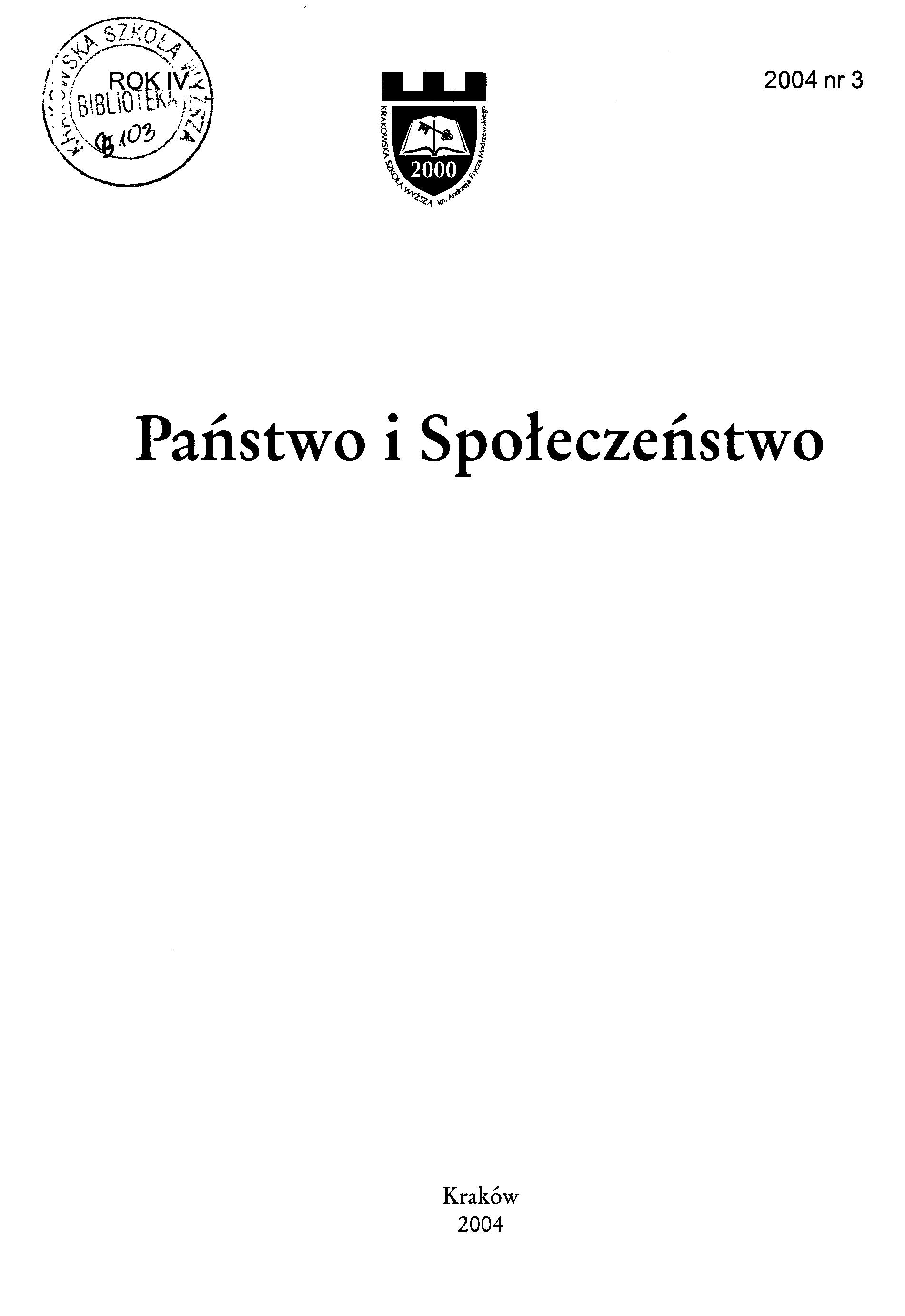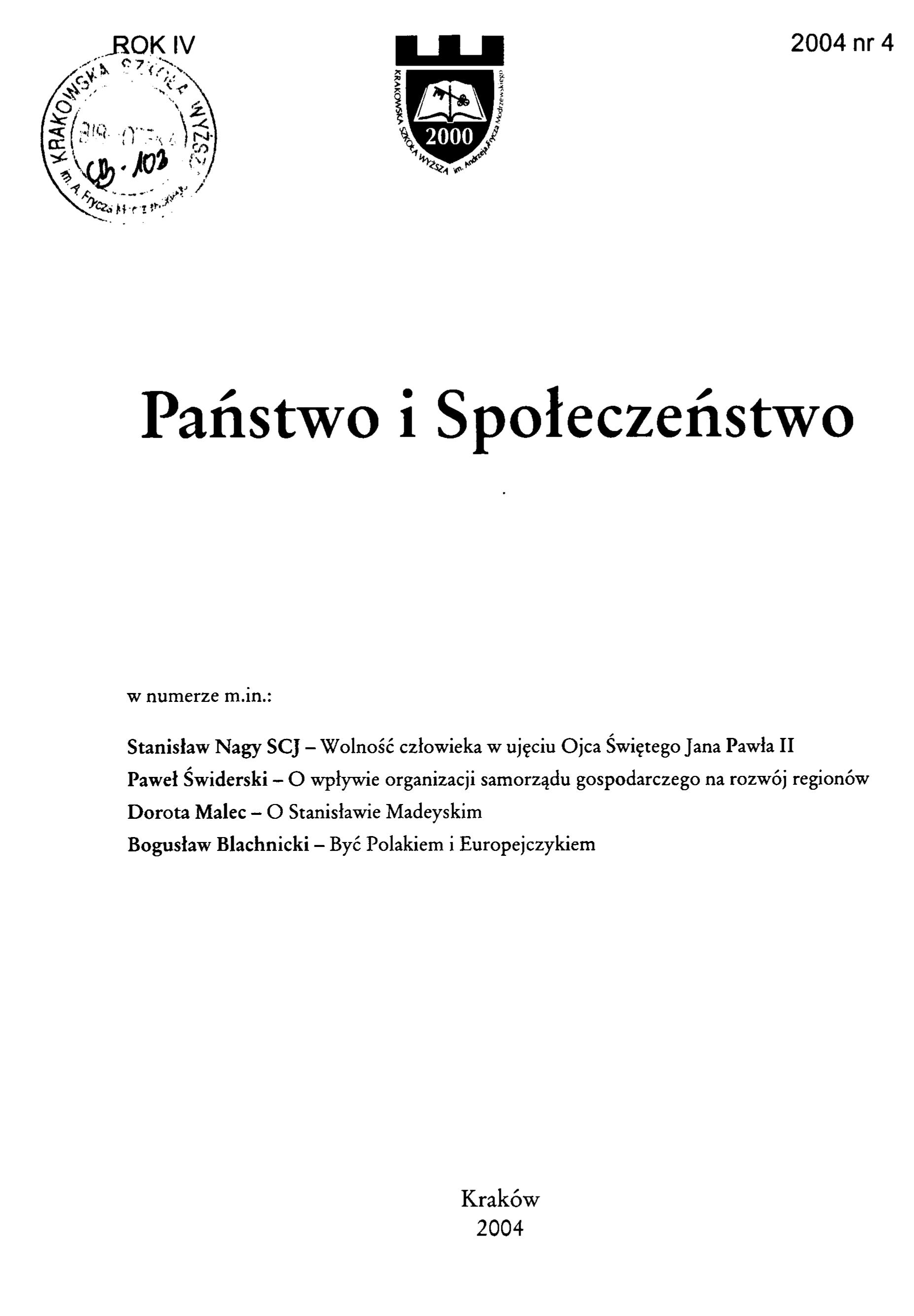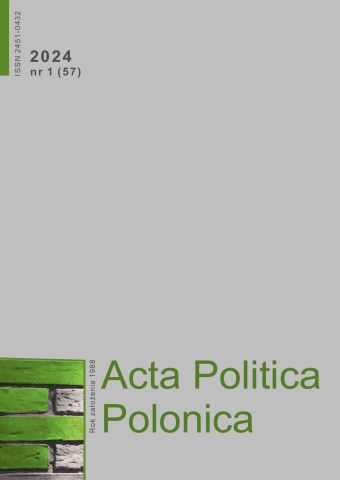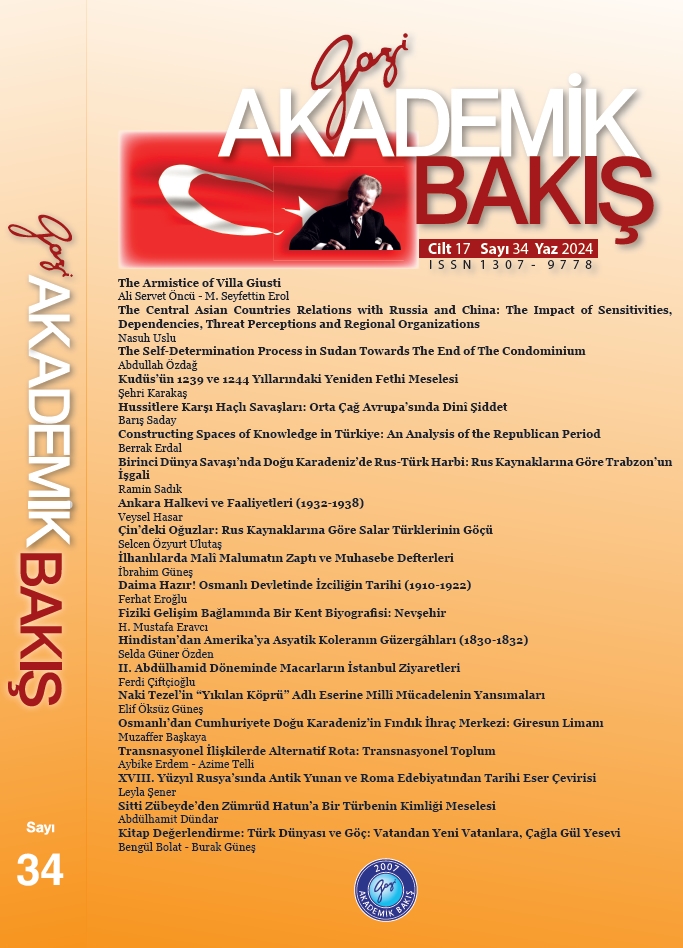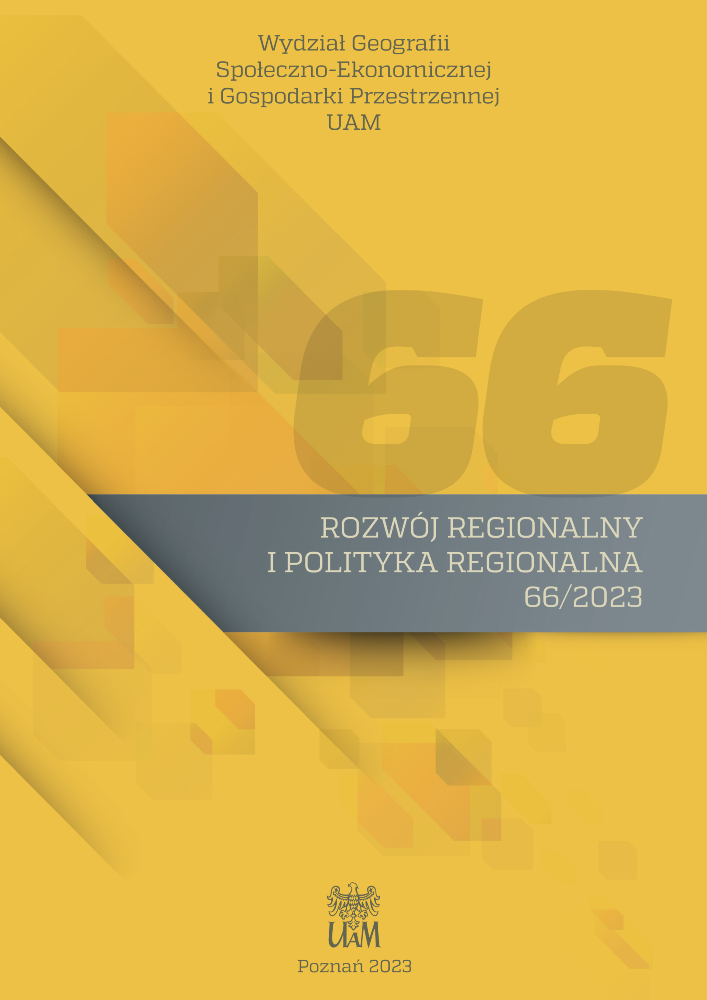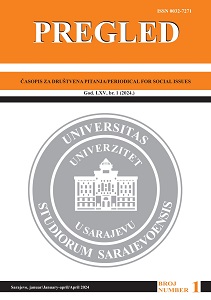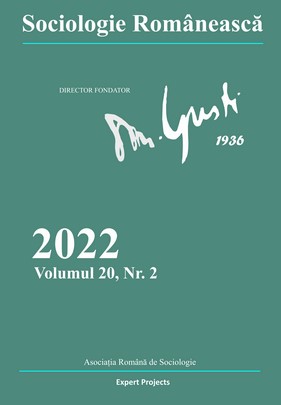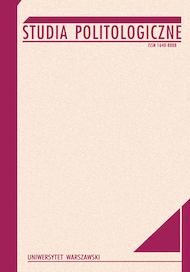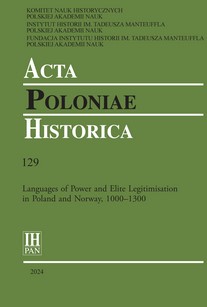Author(s): Tran Minh Hop / Language(s): English
Issue: 57/2024
The Human Ecosystem is defined “as a coherent system of biophysical and social factors capable of adaptation and sustainability over time” (Machlis et al., 1997). This social-ecological model consists of two portions: Critical Resources (Biophysical Resources, Socioeconomic Resources, and Cultural Resources) and Social Systems (Social Institutions, Social Order, and Cyles). In the Human Ecosystem, ‘Beliefs’ is a variable of Cultural Resources, which is one of three Critical Resources. As a representative of ‘Beliefs’ in Taiwan’s human ecosystem, the political ideology of Taiwan independence is selected as a case study. The quantitative study uses the content analysis method with literature studies on Taiwan’s politics, especially, on the issues of Taiwan independence are the main sources of data. The Human Ecosystem Model is adopted as the main analysis tool to take a new exploration of how the political ideology of Taiwan Independence integrates, manifests, and functions in Taiwan’s human ecosystem. The study suggests that land, population, and political subsystems are the main variables that integrate the political ideology of Taiwan independence. Also, the study proposes that there is a visible relationship between beliefs and identity. Consequently, Taiwan’s social institutions such as government, education, security, and defence are forced to interact according to the rise of the political ideology of Taiwan independence. Besides, indigenous peoples’ governance focuses on solidifying the territorial and cultural background, which significantly strengthens the political ideology. The initial findings suggest that indigenous peoples’ territories, cultural resources, and ideological security are key variables to solidify the political ideology of Taiwan independence.
More...
